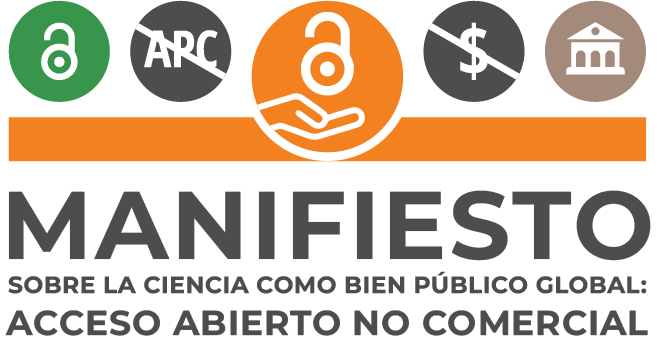Developing countries in the multilateral trade regime
DOI:
https://doi.org/10.5377/ccs.v4i2.6673Keywords:
Developing countries, Special and Differential Treatment, EcuadorAbstract
The World Trade Organization (WTO) is the institution that implements the international trade regime that was set up after the end of World War II as one of the mechanisms to create the
economic and political conditions to avoid future wars. Developing countries faced a number
of constraints under the GATT and gradually achieved important gains that allowed them to
participate in the multilateral trading system more fairly and equitably. Special and Differential Treatment (SDT) and the Generalized System of Preferences (GSP), covered by the Enabling Clause, were the most important achievements of developing countries under the GATT.
With the creation of the WTO such achievements were consolidated and institutionalized. The
so-called Doha Development Round, which began in 2001, incorporated a number of positive
initiatives for developing countries and strengthened the SDT. Unfortunately, this round of
negotiations has deadlocked for several years, which has contributed to the proliferation of
bilateral, regional and interregional trade agreements that could undermine the multilateral
trade system. The developed countries have expressed their interest in concluding the negotiations in the Doha Round due to the lack of consensus and, instead, addressing new issues on
the multilateral trade agenda that respond to the needs of today’s world. This could mean a significant decline in the participation of developing countries in the multilateral trading system.
Downloads
Published
Issue
Section
License

This work is licensed under a Creative Commons Attribution-NonCommercial-ShareAlike 4.0 International License.
Los artículos de Ciencia, Cultura y Sociedad están publicados en acceso abierto bajo una licencia CC BY-NC-SA 4.0 de la Universidad Evangélica de El Salvador.


















